
How ‘terror tactics’ have crept into Britain’s election campaigns
The London Bridge attack by three Muslim men armed with knives was the third since Conservative Theresa May became prime minister and the second during campaigning for this Thursday’s general election.
Her “enough is enough” address to the nation yesterday marked a change from her previous responses to terror delivered at a lectern outside her 10 Downing Street home. Alongside praise for the emergency services and calls for getting on with daily life, she was overtly political.
“While we have made significant progress in recent years, there is ... far too much tolerance of extremism in our country,” May said in a veiled dig at her rival, Labour’s Jeremy Corbyn who after the Manchester bombing suggested Britain’s role in wars in Muslim countries fuelled the risk of terrorism at home.
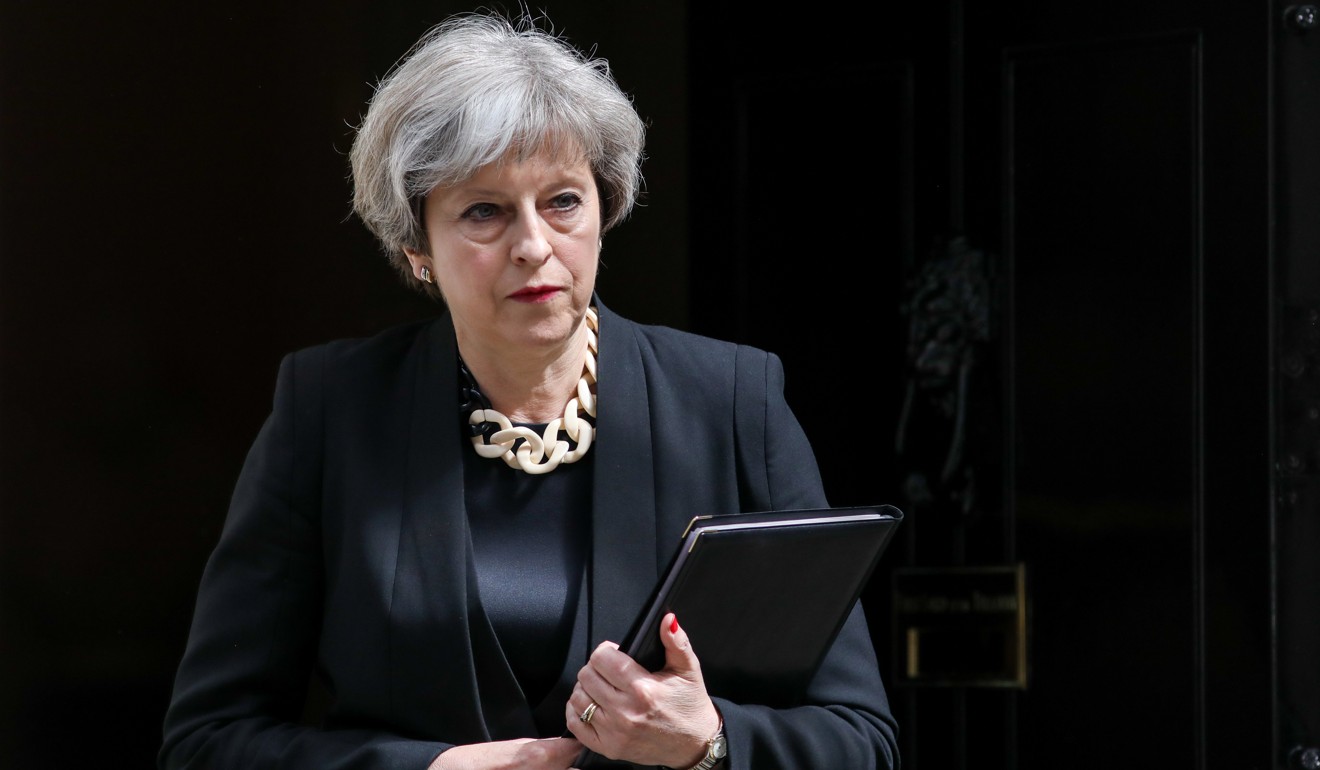
While it is unclear how the attack and its aftermath might affect the result of the election, the unspoken convention that deadly attacks should not be used in political campaigns has been been laid to one side. May said the time had come to have “some difficult, and often embarrassing, conversations”.
May and Corbyn’s responses to previous extremist attacks were not so focused on the effect they might have on a general election.
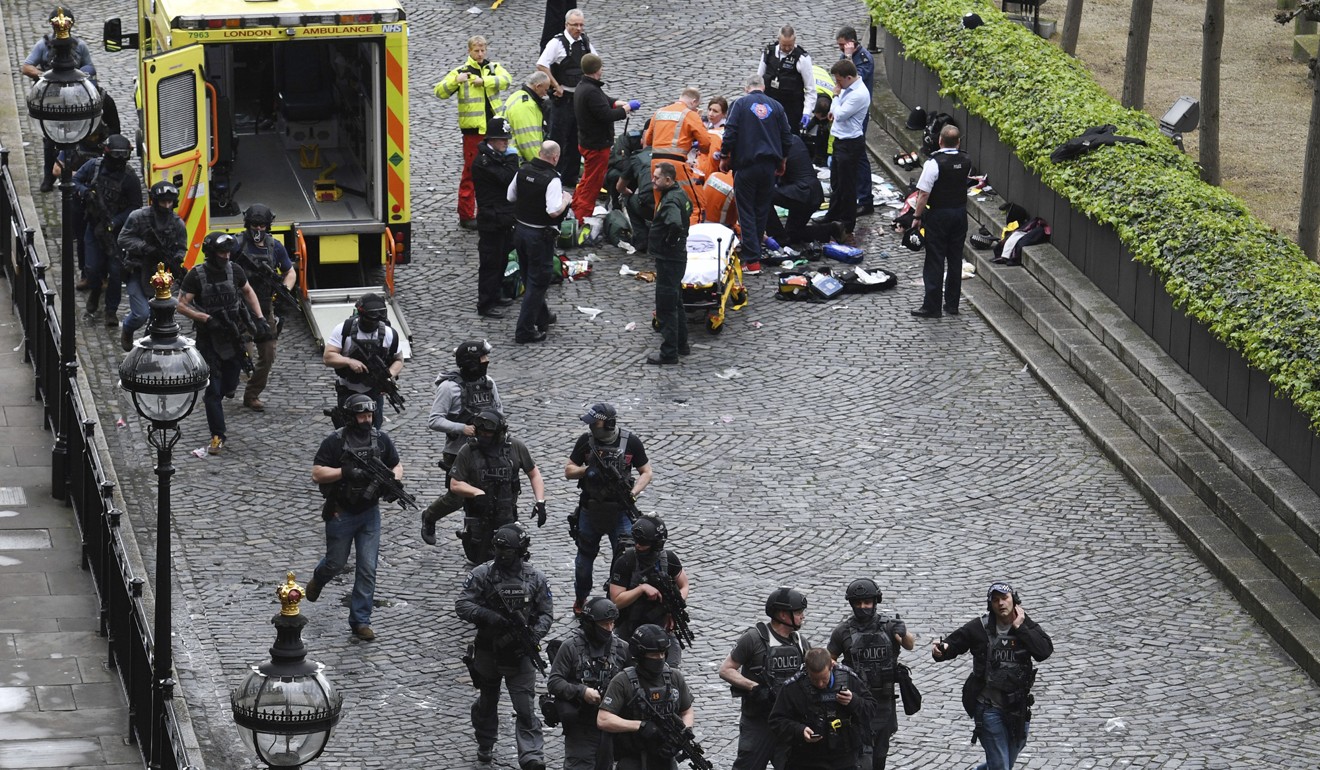
In March, a lone attacker drove his car across Westminster Bridge, mounting the pavement and mowing down pedestrians before running into the grounds outside parliament and stabbing a police officer.
He was shot dead. Five people died.
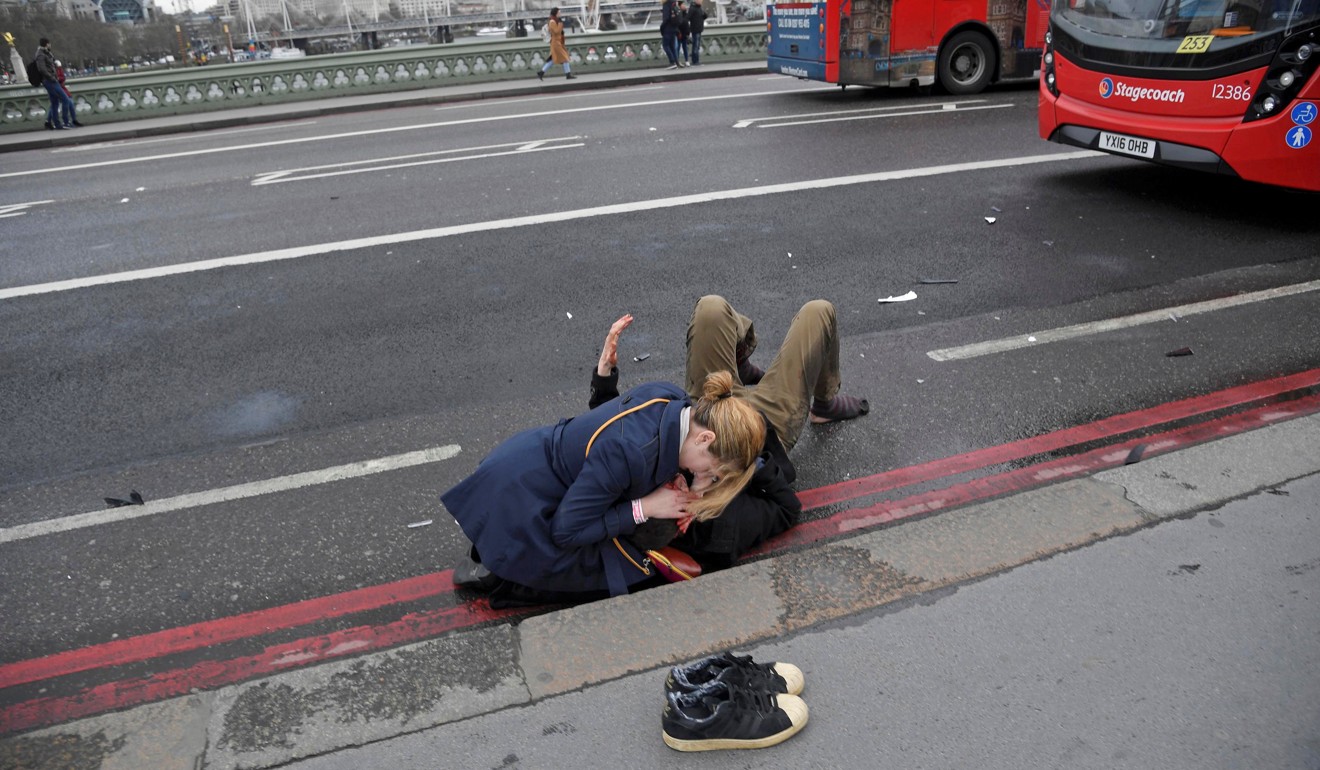
May, who was in the House of Commons at the time of the attack and was whisked away, convened the government’s emergency Cobra committee and appeared that evening, dressed in black, outside her central London office to make a statement in which she said she would not to allow the “voices of hate and evil to drive us apart”.
“Tomorrow morning, parliament will meet as normal. We will come together as normal. Londoners – and others from around the world who have come here to visit this great city – will get up and go about their day as normal. They will board their trains, they will leave their hotels, they will walk these streets, they will live their lives.”
Corbyn said: “I know that Londoners and people across the country will stand together in defence of our values and diversity.”
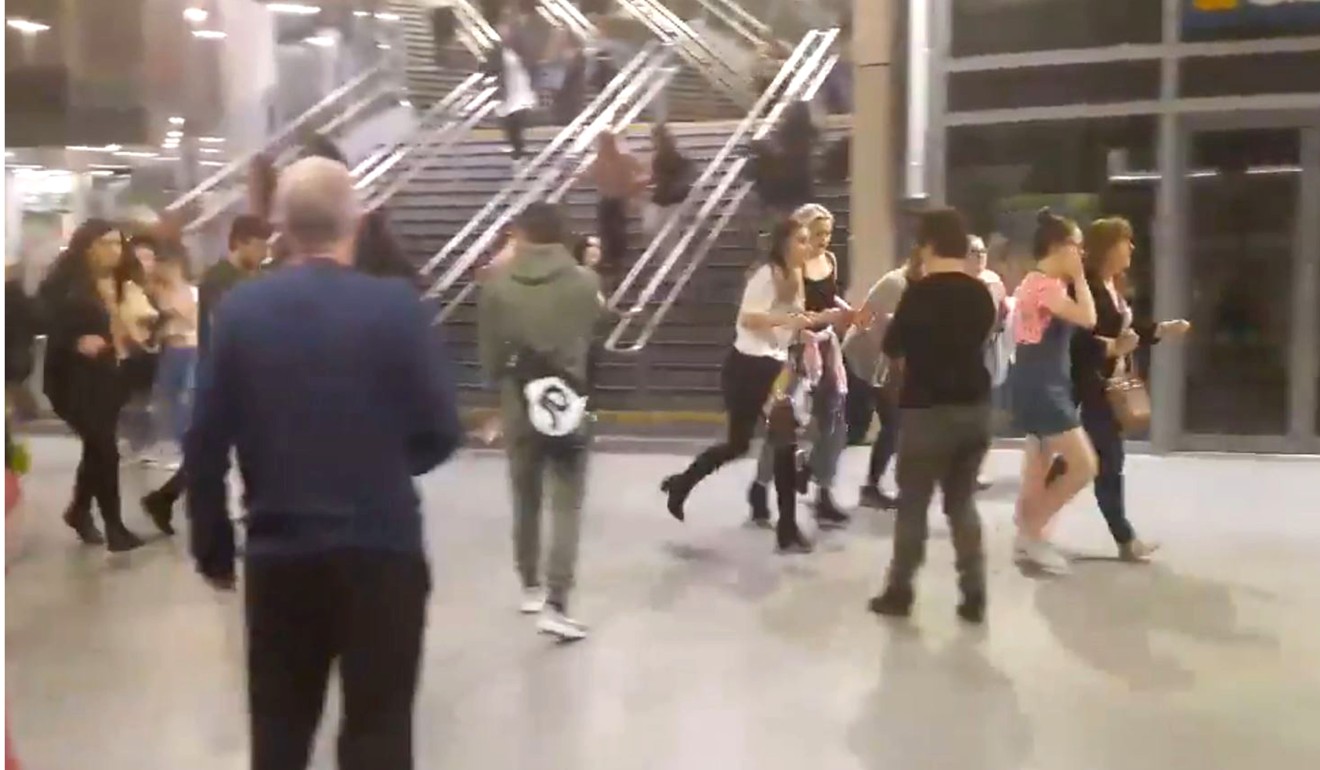
On May 22, the British-born son of Libyan refugees detonated a bomb in Manchester at 10.30pm as teenagers, parents and their young children left a pop concert. Twenty-two people died.
May stayed up most of the night coordinating the response to the attack and appeared outside her residence the following morning and later in the evening to announce the threat level would be raised to “critical,” the highest level.
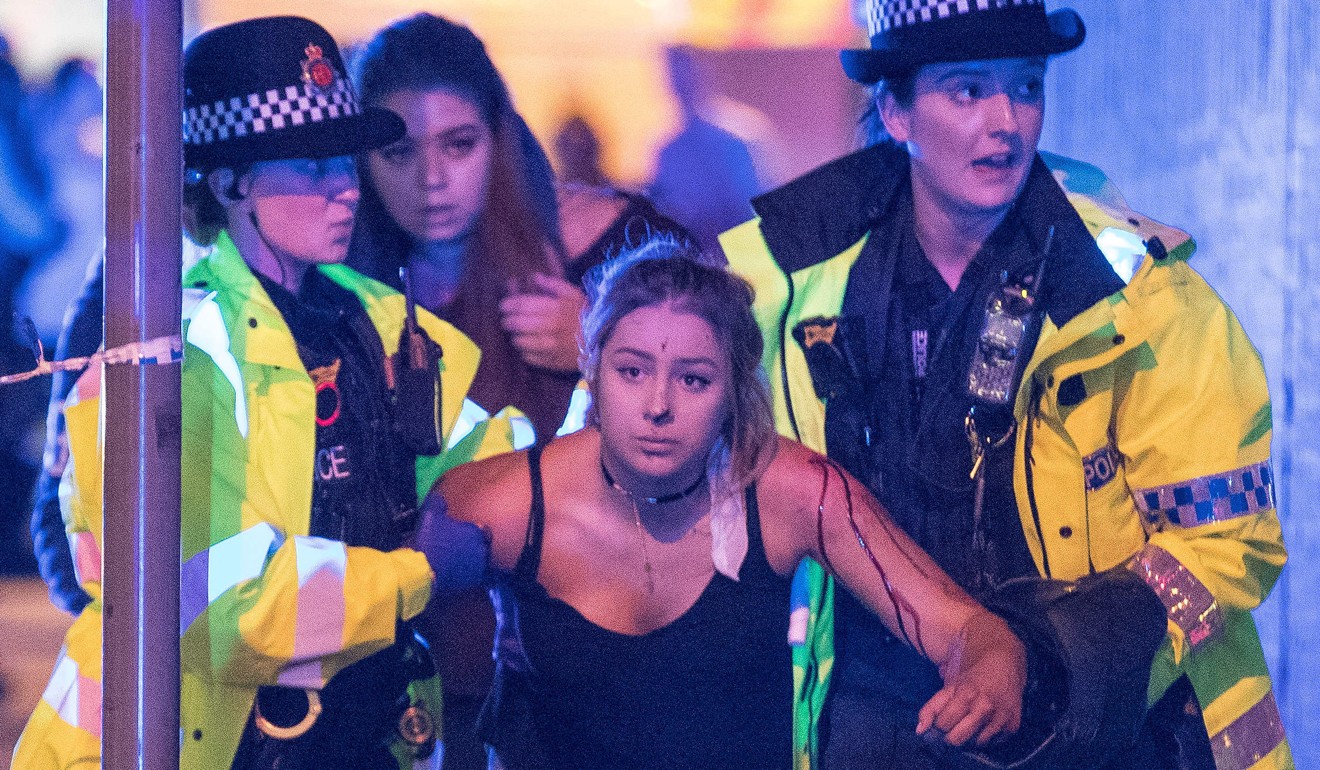
“We will take every measure available to us and provide every additional resource we can to the police and the security services as they work to protect the public,” she said. “And while we mourn the victims of last night’s appalling attack, we stand defiant. The spirit of Manchester and the spirit of Britain is far mightier than the sick plots of depraved terrorists, that is why the terrorists will never win and we will prevail.”
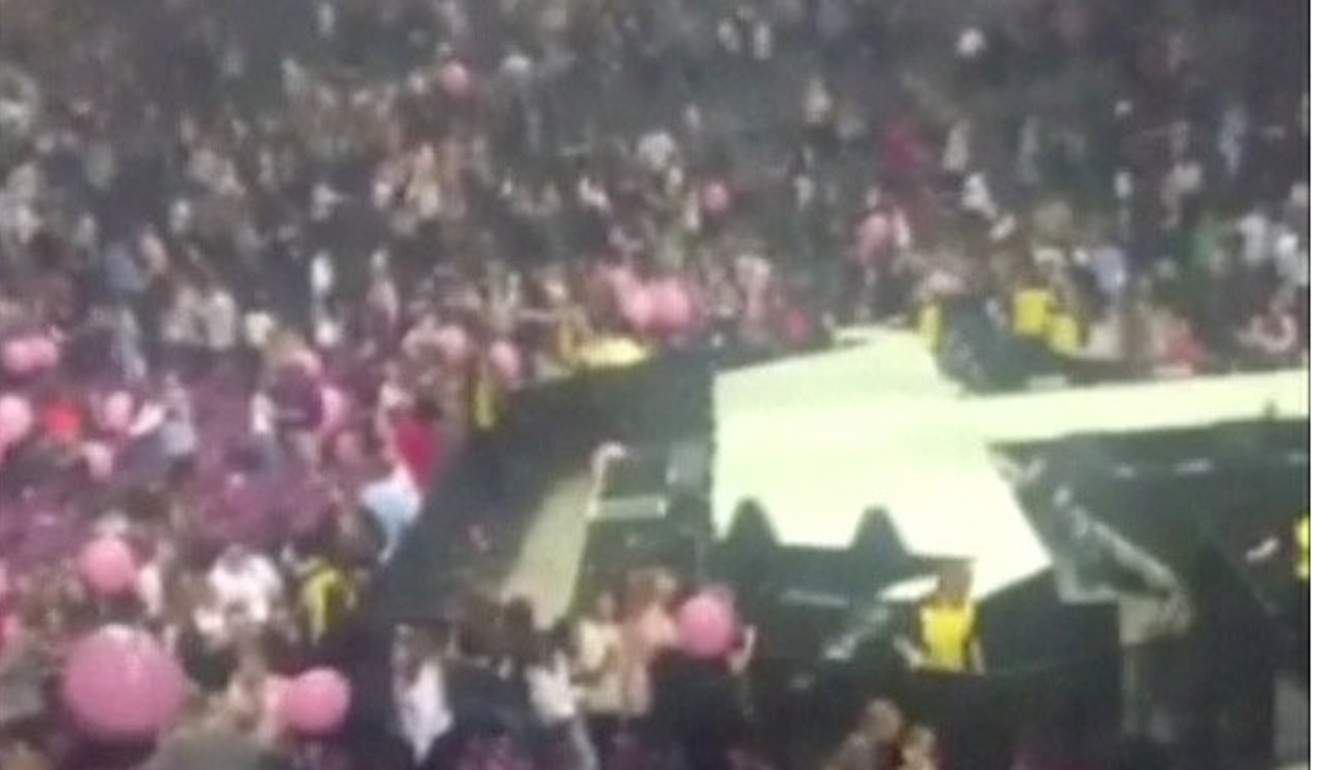
Corbyn’s initial response echoed the prime minister’s call for unity.
“This is an appalling act of violence against people, and it must be totally and unreservedly and completely condemned,” he said. “We must support those people who have suffered so much. In these circumstances we have to come together.”
Election campaigning was suspended for three days and when it resumed, Corbyn, a long-time critic of Britain’s military interventions, wore a black tie and went on the offensive in a speech on foreign policy in London.
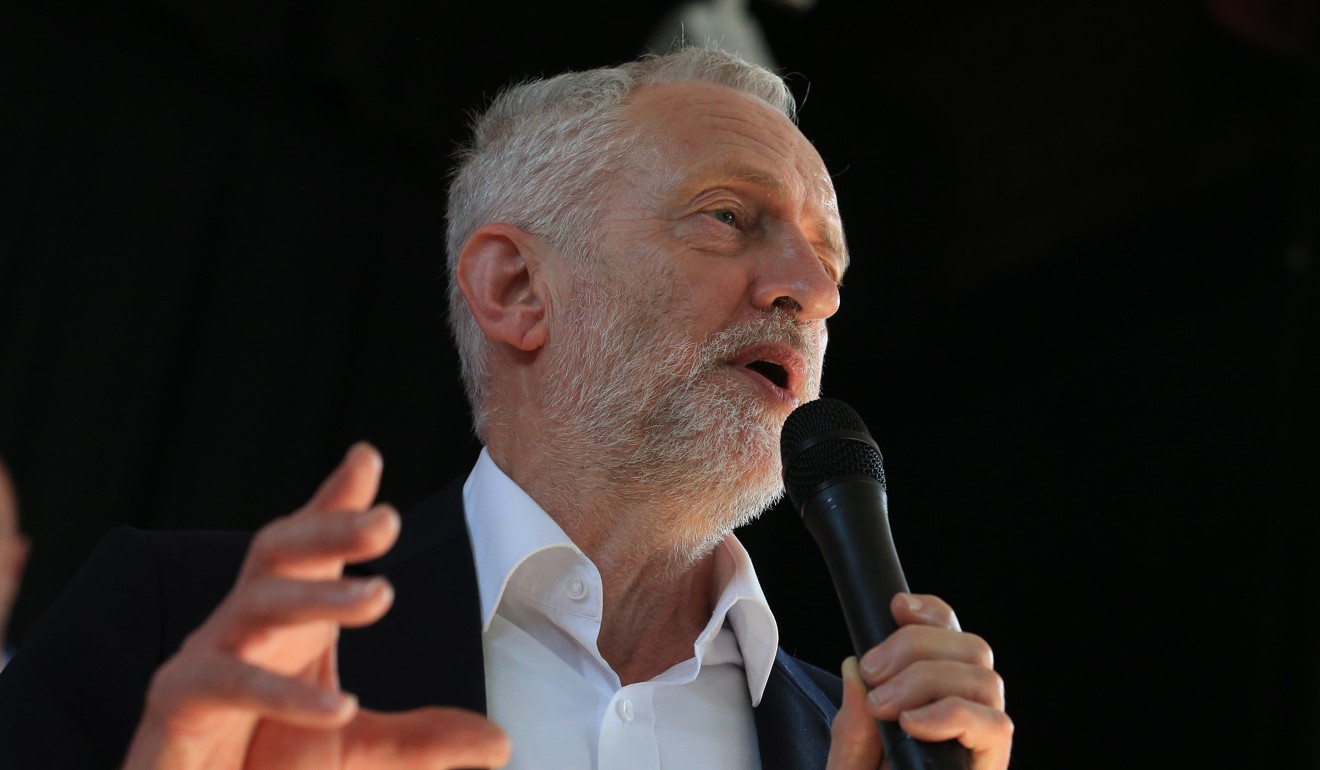
“The ‘war on terror’ is simply not working,” he said as he made the case for an overhaul of foreign policy and criticised May’s government for squeezing police budgets. “Many experts, including professionals in our intelligence and security services, have pointed to the connections between wars our government has supported or fought in other countries, such as Libya, and terrorism here at home.”
At a meeting of Group of Seven leaders in Sicily, May was swift and brutal in her response as polls showed her lead slipping.
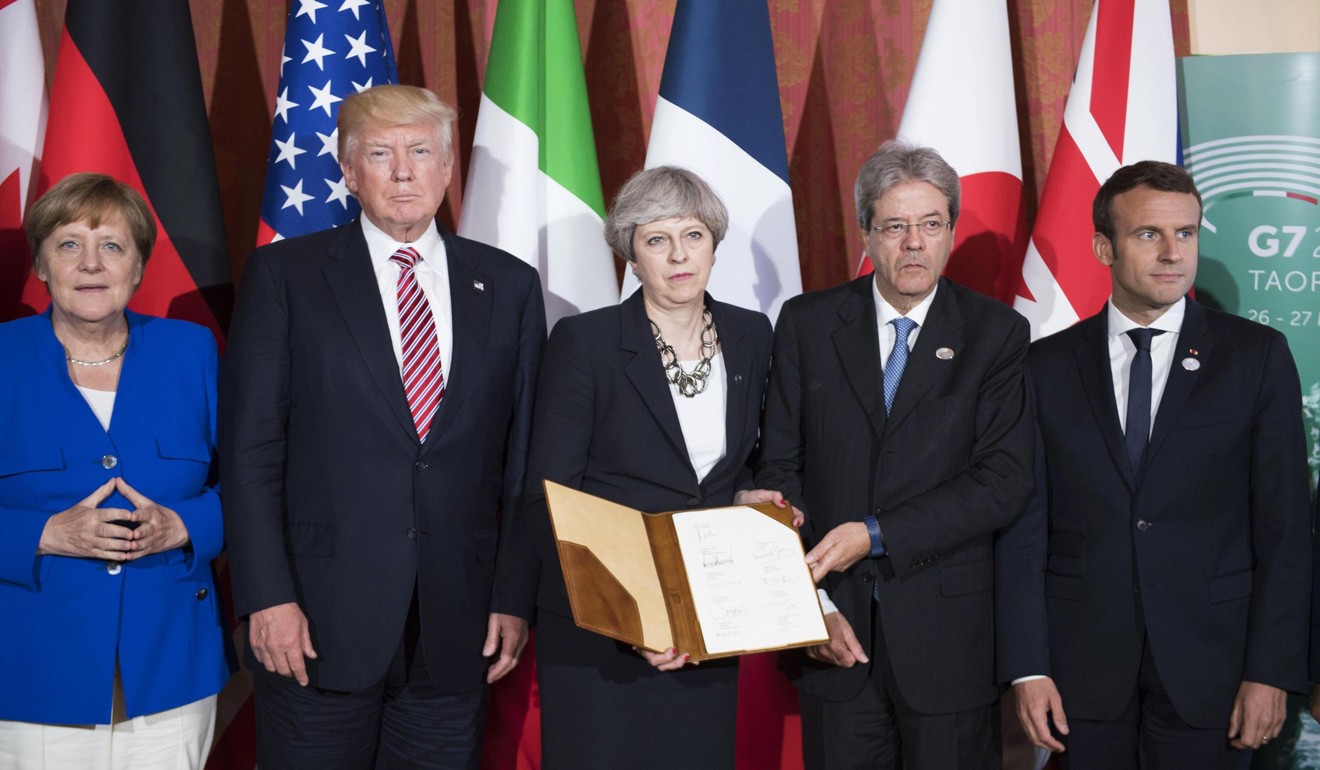
“I have been here today at the G7 working with other international leaders to fight terrorism. At the same time Jeremy Corbyn has said that terror attacks in Britain are our own fault,” May said, breaking with the show of cross-party unity after the attack. “The choice people face in the general election has just become starker. It’s a choice between me working constantly to protect the national interest and working for security and Jeremy Corbyn who frankly isn’t up to the job.”
On June 2, in a BBC TV question and answer session with voters, Corbyn was asked about his failure to condemn bombings by the Irish Republican Army, which carried out bombings in Britain for decades. He was not asked about Islamic extremism.
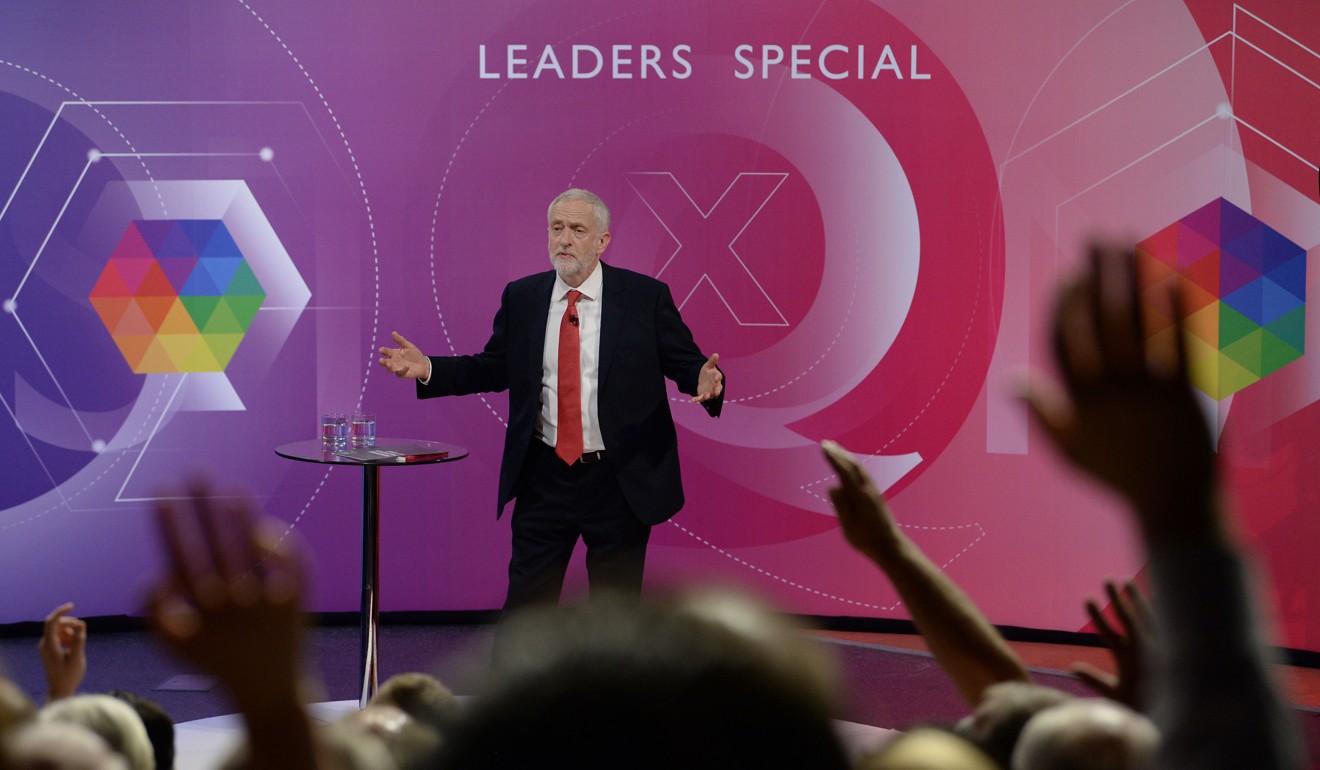
The following day, at around 10pm, a white van drove into pedestrians in central London. Three Muslim men began to stab people on the street. The attackers were shot dead by police, eight minutes after they were called.
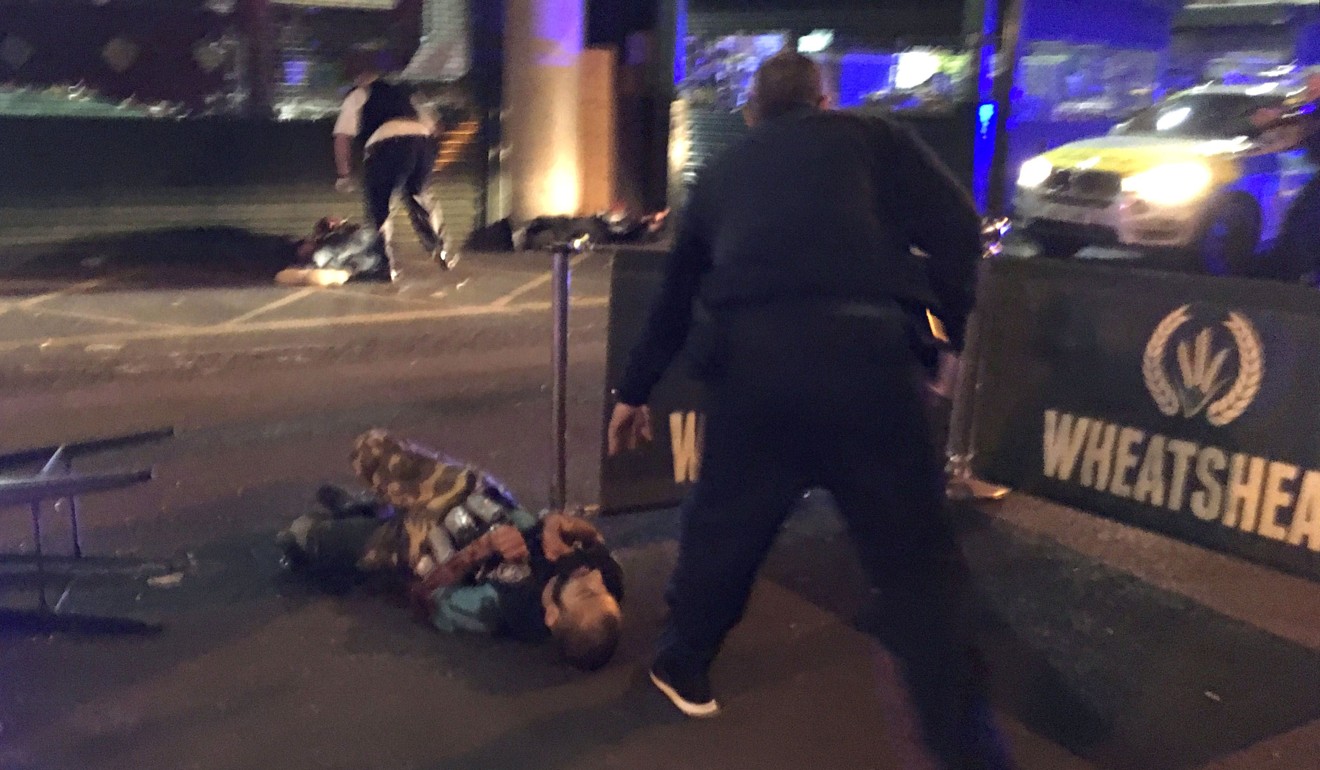
This time, May emphasised the need for “difficult and often embarrassing conversations”.
Corbyn said: “I can’t recall any other election where there has been anything like this. This has got to be the worst.”

